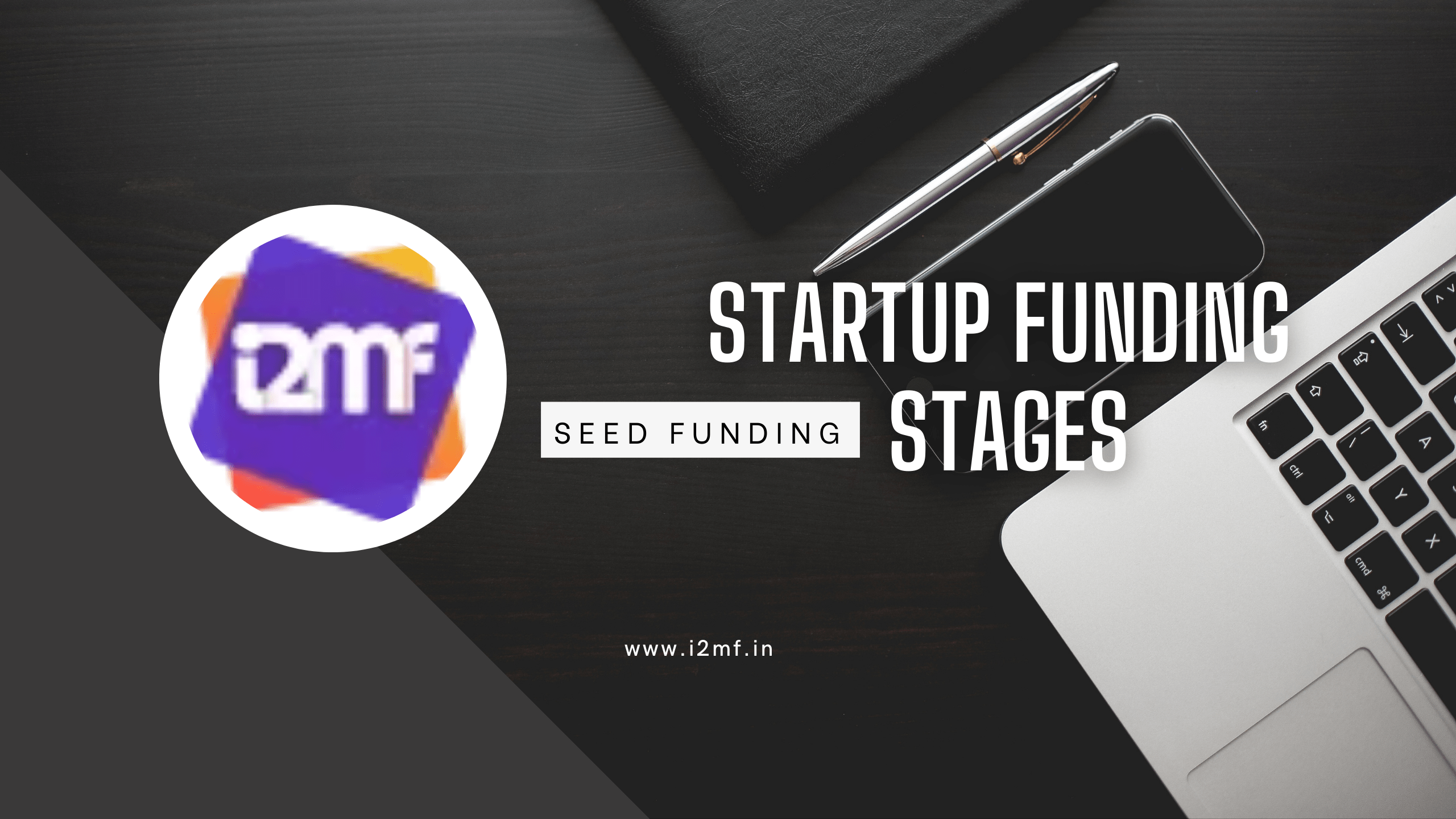One of the biggest challenges in this regard is persuading seed investors to invest in startups that often have no real traction or complete product. That’s why it’s important to approach the right investors and have a pitch deck that can explain their startup prospects. In addition, founders need to make sure they research the market to get information on how to develop and change their products or services based on the competition or appetite of the consumer or customer base. So, let’s take a look at the five startup funding stages.
Angel investors
Angel investors are individuals who offer capital in place of proprietary equity or convertible debt. They are called angel investors because they provide capital at a time when the risk of a startup failing is fairly high, which is in the early stages. In India, the top angel investors in H1 2019 are Sanjay Mehta who has signed eight deals this year, followed by VC Karthik, Siddharth Ladsaria, Sharan Agarwal, and Sachin Tagore – each adding seven deals.
VC funding
Venture capitalists are marquee investors who provide funds based on a few parameters such as growth prospects, market conditions, founder vision, ideas, or simply execution. In return, they take some part of the equity or partnership in the startup. VCs usually join multiple rounds of investments after the seed stage, if startup managers can reach those rounds. For seed funding, Accel Ventures, Seedfund, Sequoia Surge, Axilor Ventures, etc are the most venture capital firms in India.
Initial Public Offer (IPO)
In the case of seed funding for startups, this is not the last game, but if you have successfully raised money through four steps, the next step is automatically going for an IPO. Investors who trade for equity will have room to recover and make additional profits. In the absence of similar support, you can always rely on your investment. All you need to know about how to buy cryptocurrency in India is thorough research.
Accelerators
Accelerators are more focused on helping startup funding stages grow their business than supporting and nurturing early-stage innovation. Accelerators back up startups with small seed investments, including professional services, networking opportunities, mentoring, and workspaces. Unlike most incubators, most accelerators take equity because they are financed individually. Popular accelerators include Y Combinator, Textar, and 500 startups.
Corporate Seed Fund
This is a great source of Seed funding for startups because it comes with great visibility for startup brands. Tech giants like Apple, Google, and Intel with regular startup back money. Large companies often see startups as a source of future profit, IP, or talent, and this is the primary motivation to invest here. GV is the investment arm of Alphabet (Google’s parent company), while Intel Capital is the dedicated division for chipmaker Intel’s startup investment. When you first started your startup journey, you had a lot of passion for raising money and finding investors. But what sets you apart after the first few years is the determination to pursue that dream and the commitment to work hard for it.
Read More about I2MF


